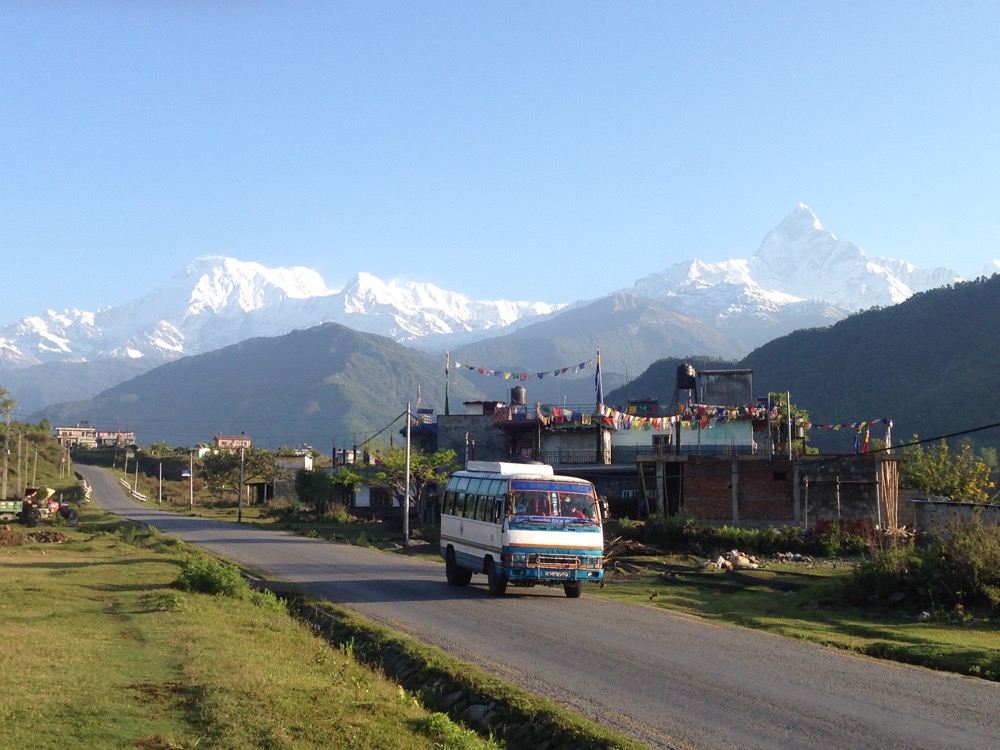Summary
This book project examines South Asia’s vast road development projects and programmes at a number of intersections, training an anthropological lens on roads as they come to stand for development and modernity, symbolising the means and the ends of a relationship with the global economy, and as they trace the contours of ethnic and economic divides and are drawn into a context of conflict. Geographically and thematically, the book analyses the expansion of infrastructure across a range of horizons, from from the experiences of South Asia’s larger economies (India and Pakistan) to the impact of road building as manifest on smaller nations in the region, notably, Myanmar, Maldives, Nepal and Sri Lanka. Many of these places have undergone periods of prolonged violence bolstered in no small part by ethnic divisions and systemic infrastructural under-development. The chapters comprising the volume also range across empirical and analytical scales, from the level of individual subjectivity to international and geopolitical interventions. In so doing, the contribution engages with roads as they operate as sites of encounter and social experience as well as to that of various institutions and at a multitude of points along all given routes.
The edited volume presents the combined work of an international network of research programmes that focus on roads and road construction, mobilities, borders, and infrastructures of democracy in South Asia, as well as remoteness and connectivity in highland Asia. The book will showcase the multi-sited and collaborative ethnographic research into road construction and the development of mobility infrastructure across an array of countries, contexts, and cultural landscape. The vast development of roads in South Asia is also explored against the backdrop of China’s ongoing and far-reaching commitment to connectivity. In particular, chapters on Pakistan, Tibet, Nepal, and the Maldives give a unique ethnographic insight into the 'China effect' in South Asia and the ways these dynamics are articulated and framed through increasingly widespread discourses on Beijing’s Belt and Road Initiative.
Co-Editors
Luke Heslop and Galen Murton
Contributors:
Prof. Edward Simpson (SOAS) Prof. Katharine Rankin (University of Toronto) Prof. Yongming Zhou (University of Wisconsin Madison and Southern University of Science and Technology) Prof. Penny Harvey (University of Manchester) Asst Prof. Galen Murton (LMU Munich and James Madison University) Dr Luke Heslop (London School of Economics) Dr Laura Jeffery (University of Edinburgh) Dr Deborah Menezes (University of Edinburgh) Mustafa Kahn (SOAS) Dexi Quzhen (Southern University of Science and Technology) Yi Huang (SOAS and Southern University of Science and Technology) Jasnea Sarma (National University of Singapore) Tulasi S. Sigdel (Staff Training College, Nepal)


